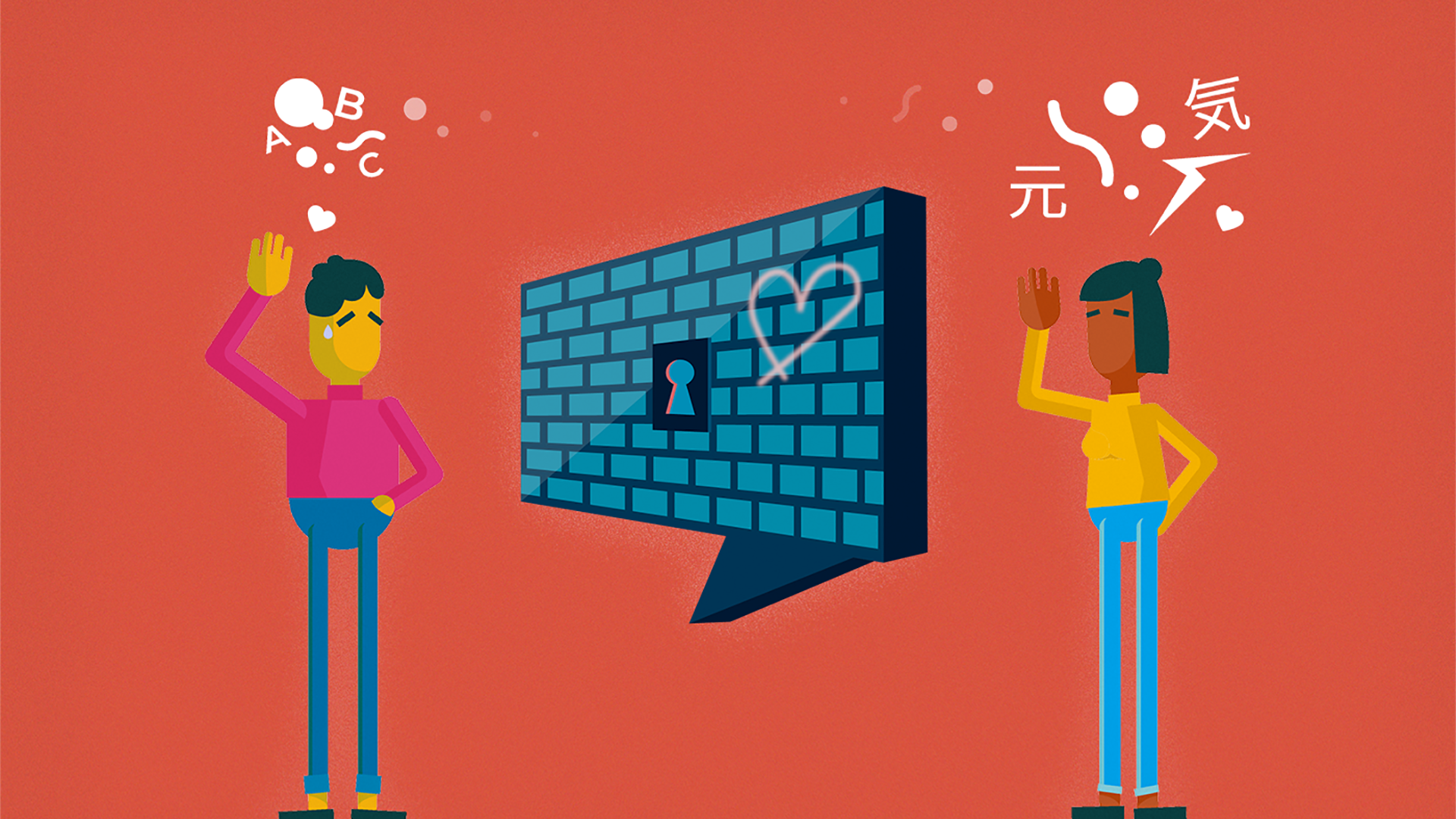»Sex was the lingua franca – we learned to talk later«
This professor claims that learning languages changes us – and our society – for the better.
I met Amanda at a Spanish beach on a hot August day: She was funny, self-confident and so beautiful that I didn’t know, if my throat was so dry because of the heat or because of her. We smiled at each other, talked for a while and our conversation went so well that we planned a date for the evening.
But already when ordering drinks, I should have noticed that there was something fishy about the evening.
Me: »Una cerveza por favor.«
Barkeeper: »Una jarra chico?«
Me: »No, solamente una cerveza por favor.«
While I tried to focus on my Spanish, I missed Amanda’s next question. She smiled at me. And while I interpreted her deep look as being fascinated by my Italian eyes, she was really just waiting for an answer to her question. Of course, I realized that too late and couldn’t help feeling insecure about my poor Spanish. The evening was ruined.
Later, when walking back alone at the beach, I wondered: Would the evening have gone different without our language barrier? Was I simply unable to express my feelings »properly« in another language? Or was I maybe even a different person in another language; is there a »Spanish Daniel«, an »Italian Daniel«, and so on?
Jean-Marc Dewaele

Jean-Marc Dewaele is a Professor of Multilingualism and Applied Linguistics at Birkbeck University in London. He won prizes for his research in the fields of psycholinguistics and sociolinguistics and has been the president of the »International Association of Multilingualism« since 2016. In 2017 he published the book »Raising Multilingual Children« together with 2 colleagues.
Bildquelle: Jean-Marc DewaeleTo find out, I talked to Jean-Marc Dewaele. Not only did he raise his daughter in 3 languages, but he is also a renowned Professor of Applied Linguistics, Multilingualism as well as a book author. Based on the research he and others did, he is convinced that multilingualism has a huge potential – not only for each individual, but also to contribute to a better society.
First, there was the sex …
Titelbild: Tobias Kaiser - copyright



